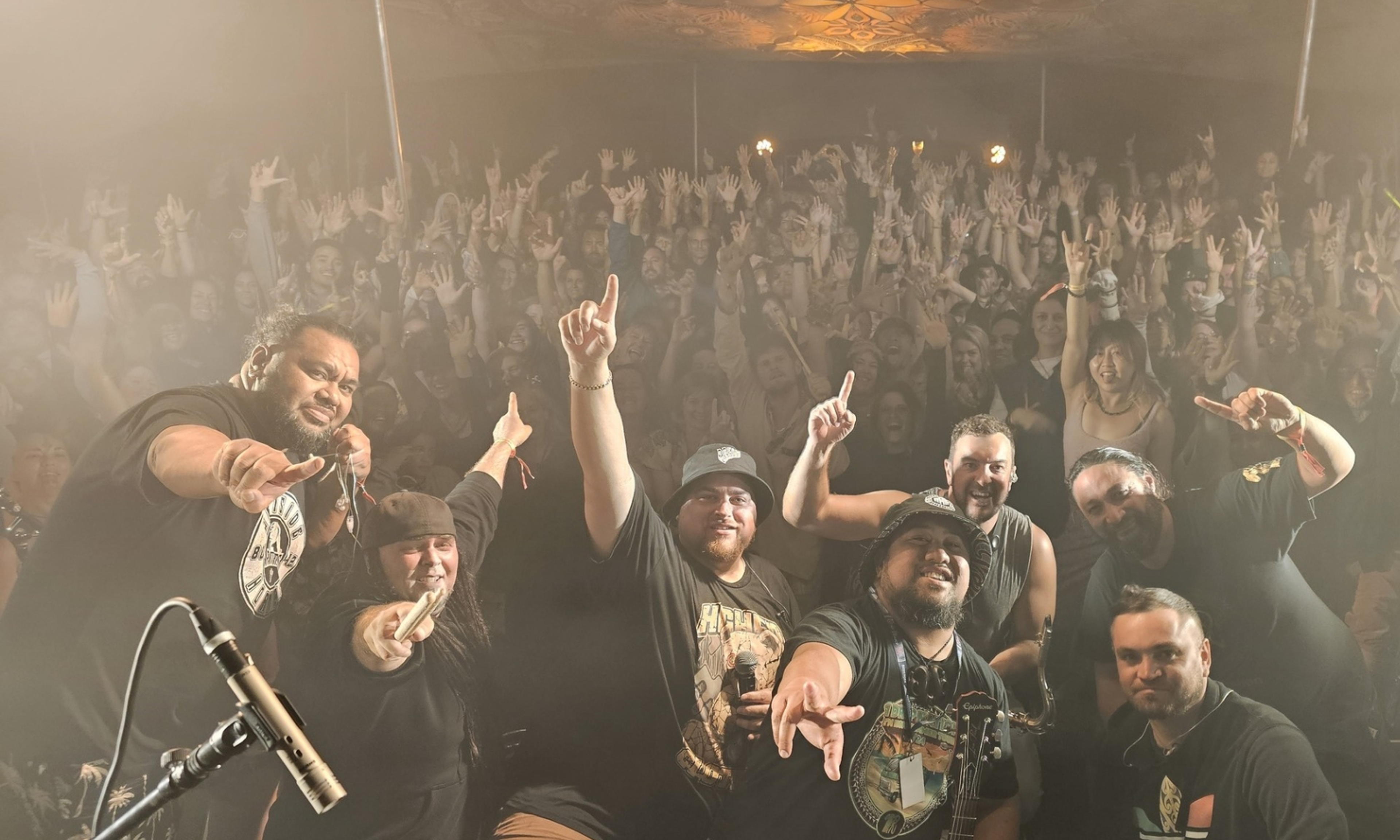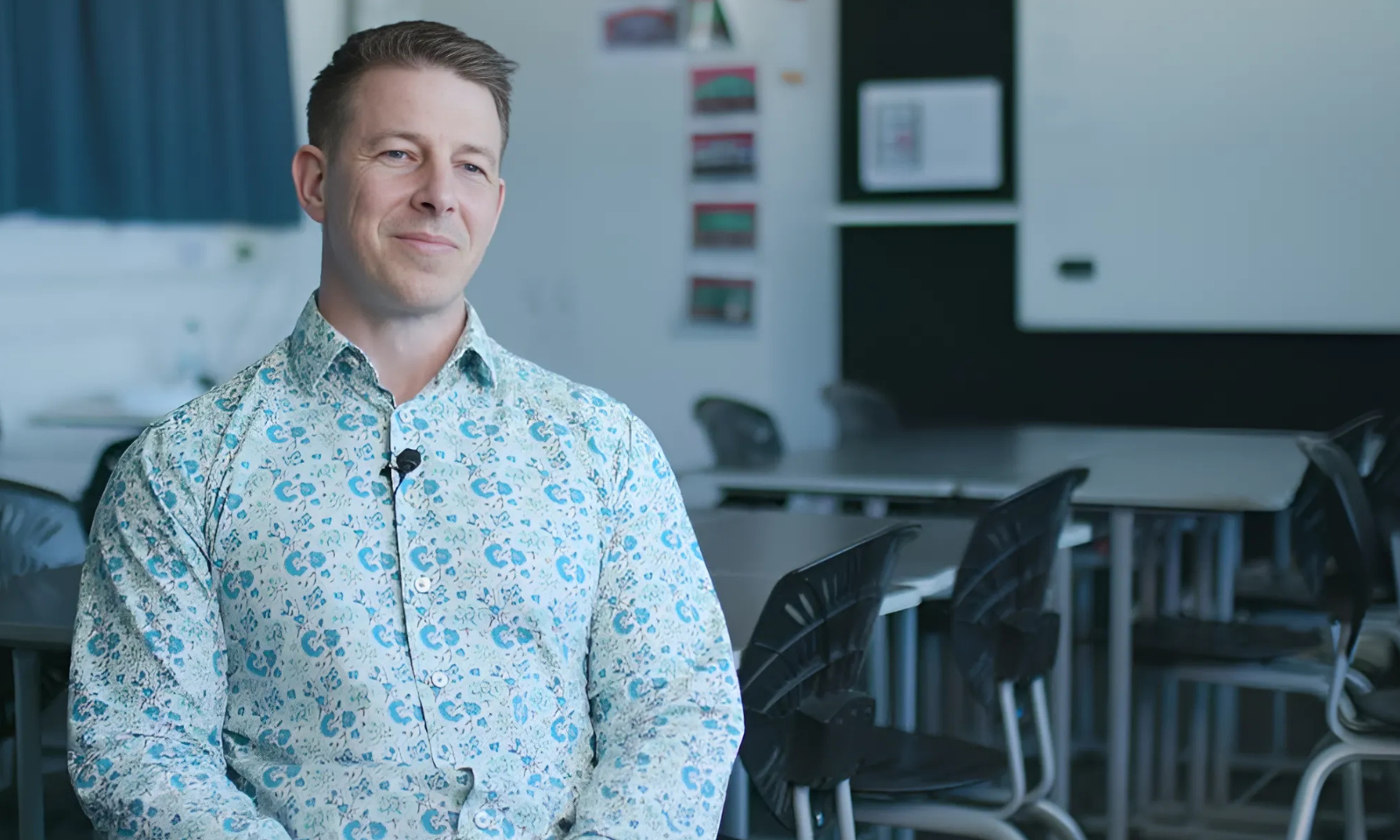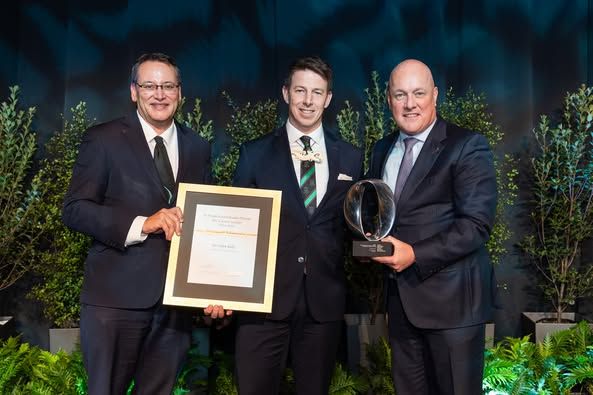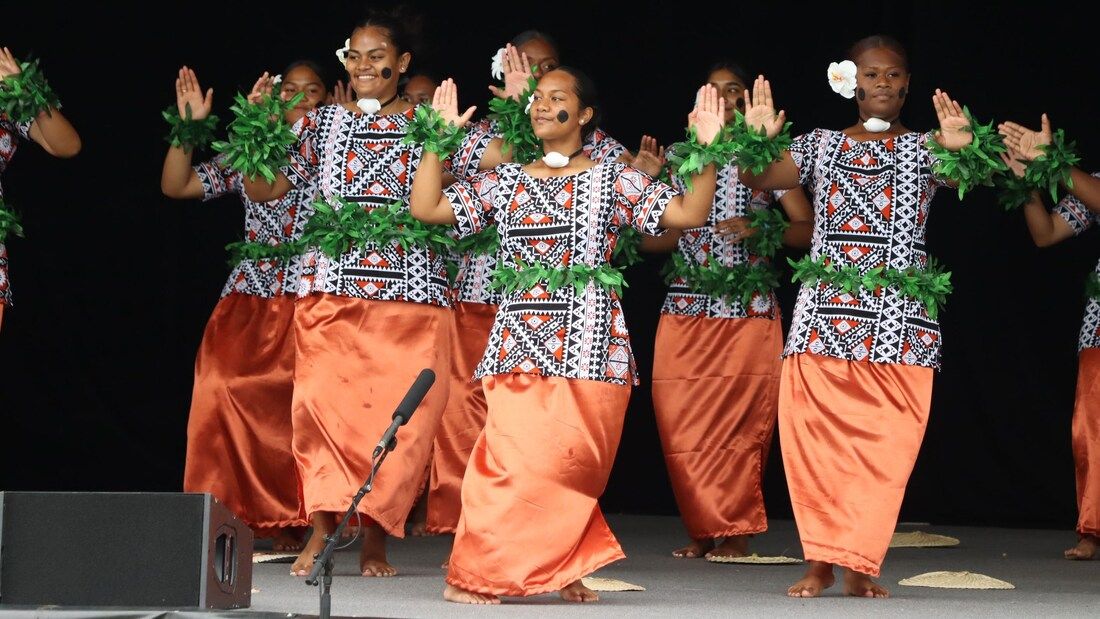

Prime Minister's Science Teacher Award winner Dr Aiden Kiely.
Photos/PMN Composite/Royal Society Te Apārangi
Prime Minister’s Science Teacher Award winner advocates for equity in education
School teacher Dr Aiden Kiely warns government must do more to support frontline education staff and stop reversing progress for Pacific learners.



Ōtautahi's 1 Drop Nation celebrates brotherhood and legacy in new music




Lineup for Miss Pacific almost complete after Fiji, PNG crown queens

Ōtautahi's 1 Drop Nation celebrates brotherhood and legacy in new music


The winner of the Prime Minister’s Science Teachers Award is calling for more equity in science education warning current actions risk setting back progress.
With nearly a decade of experience teaching science, Dr Aiden Kiely is dedicated to fostering equity in science education.
On Pacific Mornings with William Terite, the Aorere College head of department, says he was honoured and grateful to receive the Prime Minister's Science Teacher Award but had concerns about some government decisions that may hinder progress.
Kiely acknowledges that making science an interesting learning pathway is challenging, particularly for students with differing interests and ambitions.
At a school with a strong Pasifika student presence, he emphasises the importance of educating students about the Pacific connections to science.
“How do we show them that they do come from long lines of successful scientists? How do we connect them to people that look like them, [who] have science careers and kind of try and paint that picture of science learning and science success, as it may be challenging,” he says.
Kiely says said frontline staff are under pressure, and basic needs are still not being met in schools.
“We know that a hungry child can't learn properly. A child from a cold or overcrowded home can’t learn as well as they could.
“It just staggers me that in a country like Aotearoa we can't do more to alleviate those.”
Watch full interview on Facebook.
He criticised the government’s cancellation of pay equity settlements, which affects 33 sectors, including many Māori and Pacific women.
“That’s a huge number of wonderful women workers … historically overrepresented in our Māori and Pacific workforce. We've got all sorts of staffing issues as a result of this historic underpayment."
Last week, Kiely travelled to Wellington to receive his award and met Prime Minister Christopher Luxon.
"The really hard part about going down to receive the award and meet the Prime Minister was, as we were arriving in Wellington, the news came out that they were rushing through the pay equity cancellation,” he says.
"I think the government has a lot to answer for when it comes to ensuring that our community has every opportunity that they could because, you know, the potential is there. Our students are just as bright, they're just as clever. And sometimes they just need a bit of a helping hand."

Photo/Royal Society Te Apārangi
Aorere College reflects the diverse, largely Pacific roots of communities across Auckland and South Auckland.
Kiely estimates that 50 per cent of the student body is Pasifika, about 20 per cent Māori, and students from other backgrounds.
“Our school is roughly about 50 per cent Pasifika students, maybe 20 per cent Māori, maybe a little bit under that. And then about 25 per cent Indian and Fijian Indian with a few per cent from, you know, every corner of the world,” he says.
“It's about making those connections with them. So it looks like trying really hard to build a learning programme that recognises where our community comes from,” he says.
Kiely emphasises the significance of science education, saying that even if students are not deeply engaged in science, they acquire vital skills they can apply to other fields of study and future careers.
“At least if they're not that engaged in the science, they are picking up skills that are valuable and help them with their qualification and, you know, hopefully later career options,” he says.

Science, Innovation and Technology Minister Dr Shane Reti, from left, Dr Aiden Kiely and Prime Minister Christopher Luxon. Photo/Facebook.
Progress is being made towards building equity in science, particularly in engaging Pacific students, with Kiely’s students becoming increasingly keen to seize opportunities in science-related fields.
“Te Whātu Ora supports our Pacific Health Science Academy. So that has started a few years ago, and we're really starting to see momentum now where before we were battling to fill our cohorts,” Kiely says.
He says Pasifika students are often less likely to take science as a subject or remain in the field. But he acknowledges Pasifika individuals’ historical and ongoing success in the sciences.
“You can look at the individual and see that there are some real success stories. And we can look at other numbers and say, you know, we've still got quite a lot of work to do to ensure that that is seen as something that's viable,” he says.
The award marks Kiely’s efforts to build equity into science education, and he remains committed to providing opportunities for Pasifika students to engage with science.
According to the OECD, Aotearoa New Zealand ranks 33rd out of 38 countries regarding educational equity.

Aorere College students at Polyfest 2025. Photo/Aorere College.